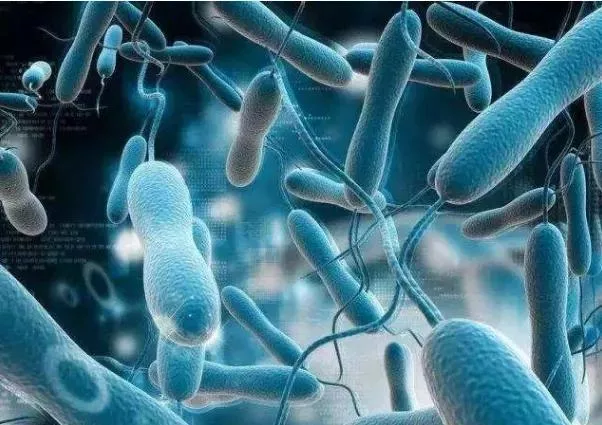Eggs or yogurt, vegetables or potato chips? When we plan what food we want to eat every day, we may not actually make decisions from "brain instructions". At present, a mouse experiment conducted by the University of Pittsburgh in the United States shows that animals' intestinal microorganisms can affect their diet choices. The microorganisms produce some substances, which promote animals' desire for certain types of food.

According to the latest research of American scientists, human intestinal microbes may be the "root" of people's appetite
Kevin Kohl, an associate professor of biology at the University of Pittsburgh, said: "we all have some appetite impulses - want to eat salad, or want to eat meat. The latest research shows that different types of intestinal microbes in animals will decide that they choose different foods."
Although scientists have been guessing for decades whether intestinal microbes will affect our dietary preferences, this idea has never been tested in laboratory animals larger than fruit flies. In order to explore this problem, Cole and his colleague Brian trevelline conducted a special experiment, They injected 30 mice lacking gut microbes with a mixture of gut microbes from three wild mice with different diets.
Cole found that each group of mice chose foods rich in different nutrients, indicating that the injected intestinal microbes changed their previous dietary preferences. The findings were published in the recently published proceedings of the National Academy of Sciences.
Although the idea that microbiota affects human behavior sounds far fetched, scientists have a serious and rigorous scientific attitude. In fact, the human gut and brain are constantly communicating, and some molecules act as "mediators". Intestinal digestive by-products can indicate that people eat enough food or need some nutrients. At the same time, intestinal microorganisms can produce some "vector molecules", hijack the original communication lines between the gut and the brain, and change the meaning of information to benefit themselves.
For people who eat turkey dinner, there is a very familiar messenger molecule, tryptophan. Tryptophan is an essential amino acid molecule for human body. It is common in Turkey food and is also produced by intestinal microorganisms. Trevelyn said: "when tryptophan enters the brain, it will be converted to serotonin, which is an important signal. It is very important for postprandial satisfaction. Eventually, it will be converted to melatonin, making people feel sleepy."
In this latest study, trevelyn and Cole confirmed that the blood tryptophan concentration in mice with different intestinal microbiota is also different, and even they will choose different types of food. At the same time, they found that the higher the tryptophan concentration in the blood, the more intestinal microbiota.
Trevelyn said that this is a convincing and conclusive evidence. Tryptophan is only a clue of the complex chemical communication network. There may be dozens of signals that affect the daily eating behavior. Tryptophan produced by microorganisms may be only one factor, but it is a reasonable explanation. Intestinal microorganisms can change our diet choices. Although scientists have been trying to establish and improve the theoretical system for many years, this is only one of the few rigorous experiments to prove the connection between the gut and the brain.
But more scientific research needs to be done before you begin to doubt your hunger for food. Because it is difficult to verify through clinical human experiments, researchers did not compare the importance of microorganisms in determining diet with other factors.
Cole said: "there are many factors that determine people's dietary choices. The food they ate the day before may be more important than intestinal microbes. In our experiments, we may have neglected some factors, but intestinal microbes are an important factor worth thinking about."
He also pointed out that this may only be a behavior that microorganisms change without our knowledge. This is a new field of exploration. There is still a lot of knowledge to learn and explore. I have been surprised by the role of microorganisms in humans and animals.